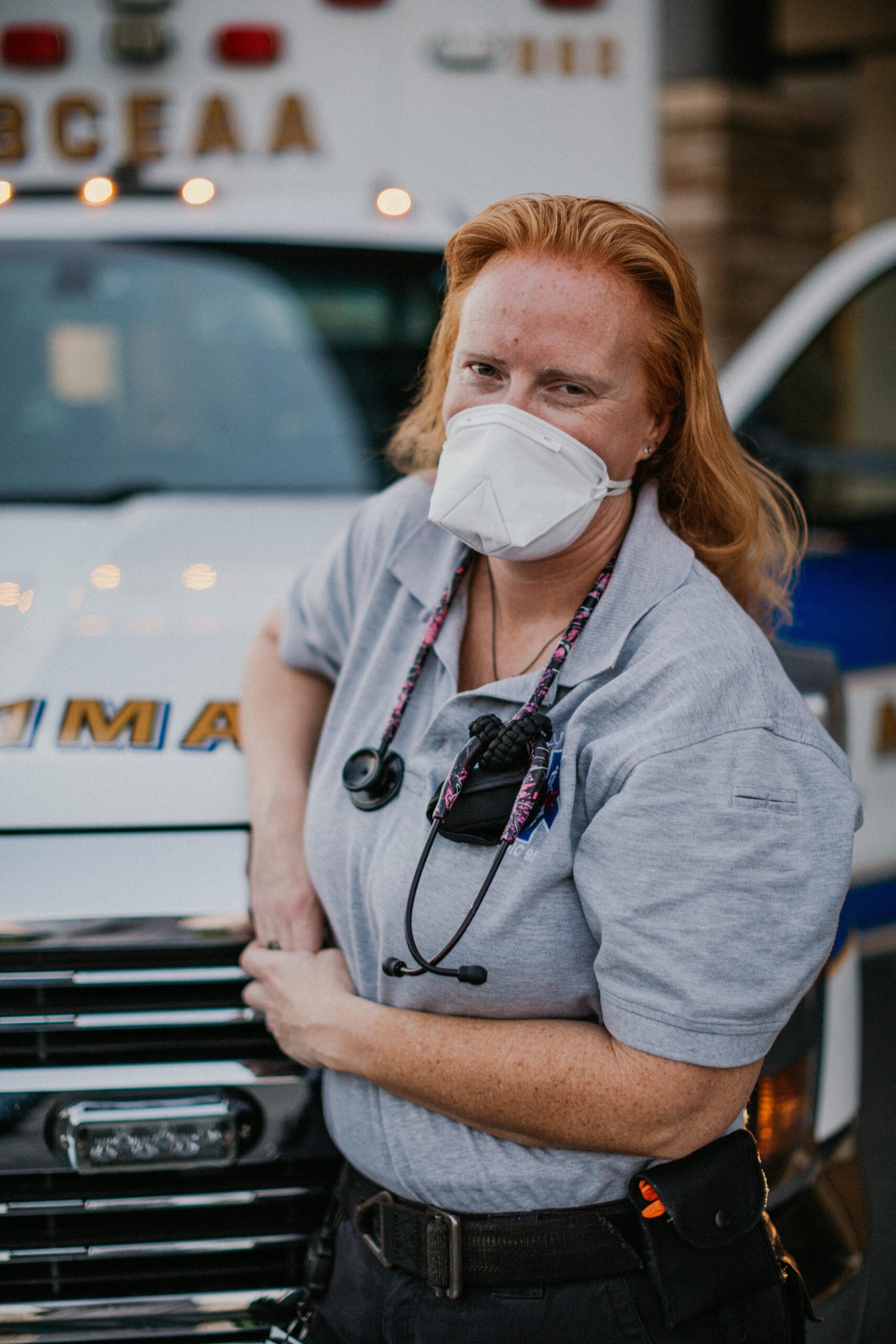What is your physician well-being strategy?
Every health care organization measures recruitment and retention. HR teams work to offer competitive packages based on salary, benefits, PTO, and CME allowances. These details matter. But for today’s physicians, these are simply the baseline. The physicians entering and shaping today’s workforce expect more. They have new lines of questioning related to the amount of evening and weekend coverage, call schedules, administrative time, and available support staff. Today’s physicians will …









![Stopping medication requires as much skill as starting it [PODCAST]](https://kevinmd.com/wp-content/uploads/The-Podcast-by-KevinMD-WideScreen-3000-px-4-190x100.jpg)
![Weaponizing food allergies in entertainment endangers lives [PODCAST]](https://kevinmd.com/wp-content/uploads/The-Podcast-by-KevinMD-WideScreen-3000-px-3-190x100.jpg)






![AI censorship threatens the lifeline of caregiver support [PODCAST]](https://kevinmd.com/wp-content/uploads/Design-2-190x100.jpg)